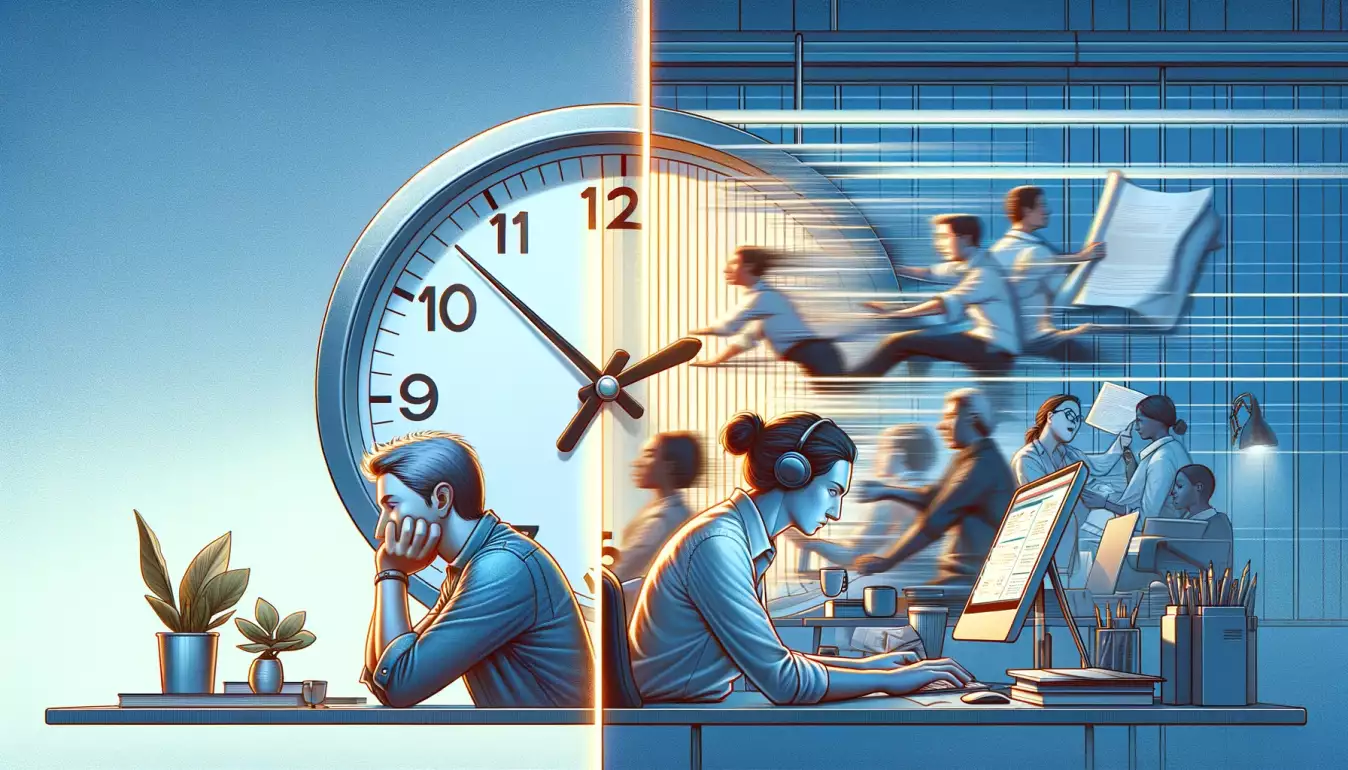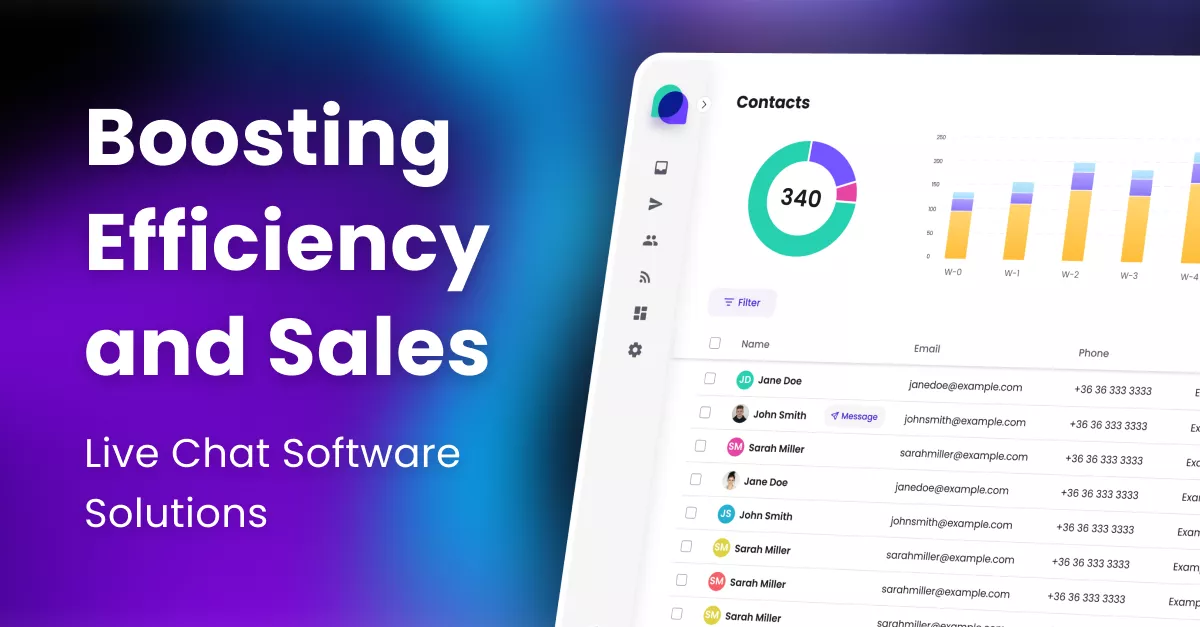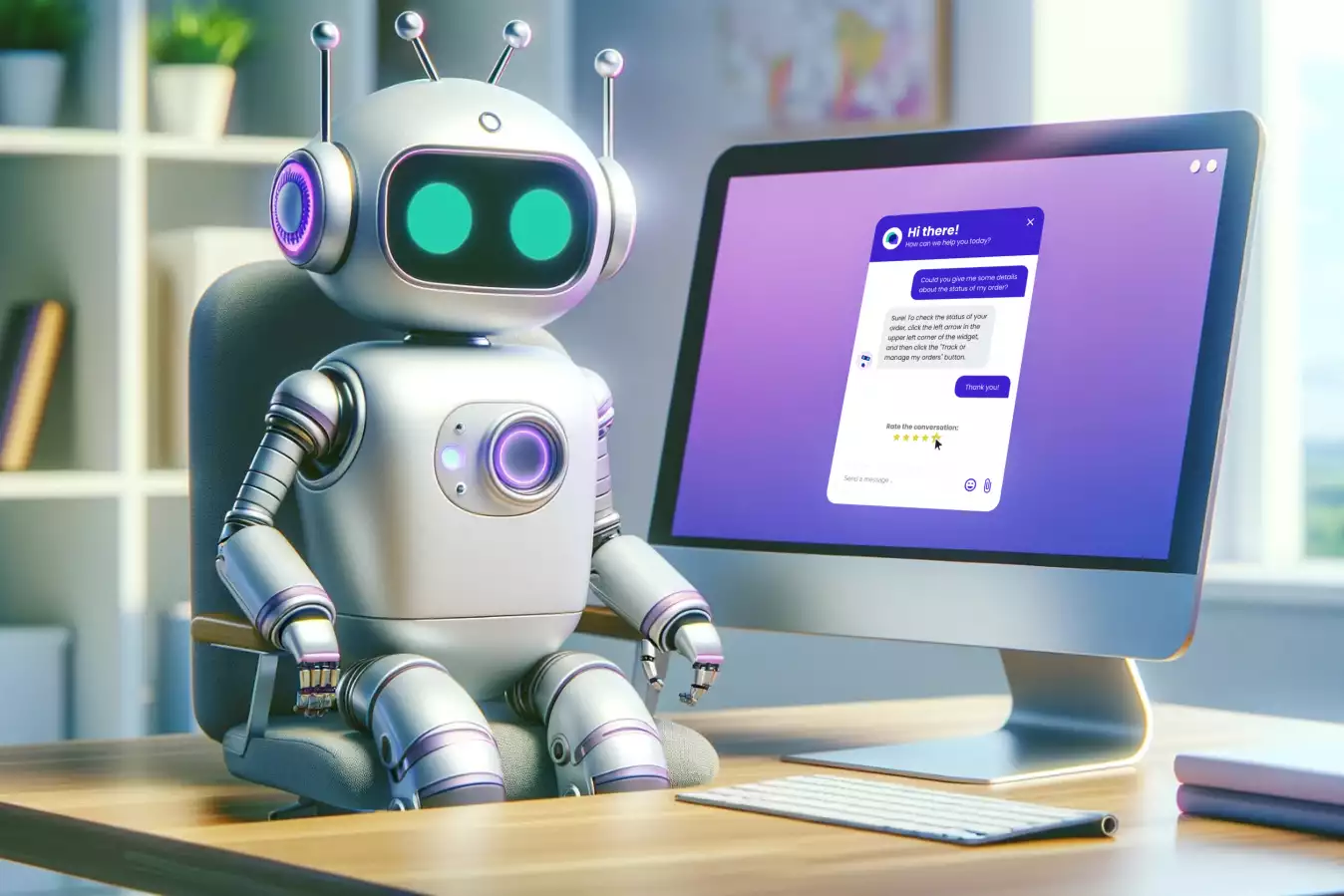Time relativity is such an interesting concept, right? To think about the fact there is this abstract phenomenon guiding every human’s life, but still, we perceive it so differently.
A LiveScience article explains that time dilation is the very strange fact that time passes differently for different observers. So, time is relative. That was established by Einstein already. But why are we talking about this? Because it can be applied in customer service as well. At least, to some extent.
Let me explain why. In customer service, there is the customer and the customer support agent. Both experience time differently due to their external environment and their internal feelings. Let’s discuss these differences in more detail and find a solution that could help them both come closer to the same perception of time.

First, let’s see how the customer perceives and experiences time passing. They use the service or make a purchase, or just browse through your products, and very suddenly, a question pops into their head, or they experience some kind of an issue with the service or product.
Their immediate reaction is to contact the support agent to get their questions answered or their issue resolved. They contact the agent as soon as possible, everything works really fast.
However, here comes the inconvenient part. They don’t get their answers immediately. They are waiting and waiting, uncertain about the product or service, even if they are planning on purchasing, there is still this doubt that they contacted the agent about. They are blocked from moving forward. They are frustrated and waiting impatiently. Time is extremely slow for them at this point.
This can result in a really negative impact on the business, with dissatisfied customers and support perceived as slow.
In my conversation with Anupama Withara, Customer Success Manager at Applova Inc., when asked about the time frame in which customers might get frustrated, she said: “I would say they get frustrated when they feel like no one is working on the issue and they are expecting an instant response, So as my experience, if you are not getting back to the merchant within a day that’s the time of frustration starting.”
For the same question, Yaroslav Kukharenko, Head of Human and AI Support at SOAX, answered, “Live chat communication usually has very high expectations from customers - they expect to get some sort of reaction as soon as they send a message. It could be an automatic response, automatic context collection, or real agent response - but it has to happen prior to the moment the client gets bored and switches to another tab.
Emails are far more relaxed. 30-60 minutes response time are tolerated by customers when it’s something urgent. But, if it’s an outage and it's urgent for the whole customer base - an immediate email with ETA for a solution is expected. It could be automatic, but it has to be informationally-rich and fast”
In addition, Elizaveta De Muynick, Customer Success Manager at Twintag offered some insight that is also very important to note: “It’s about finding the preferred communication channel and have agreements with customers. If the expectations are managed and agreements are respected the response time becomes a very relative concept.”
Now, let’s check what a day looks like for a customer support agent and how they perceive time during their shift.
As a customer support representative, people must be up-to-date about all queries, they have to deal with incoming messages all day, attend the necessary meetings throughout the day, and they also manage all internal communication between team members to be able to solve customer issues as fast as possible.
Customer support agents may have to deal with hundreds of cases a day, so their perception of time on a single customer issue is completely different from that of the customer’s perception.
Time goes extremely fast when you have hundreds of things to deal with. You are trying to solve every issue as fast as you can, however, you can only focus on one issue at a time if you want to keep the quality of the support excellent.
So, while time goes awfully slow for the customers, the agents feel like time flies by incredibly fast.
So, the goal is to bring the perception of these two people on time as close as possible, right? But how? The solution can lie in AI chatbots.
When customers contact your business, an AI chatbot ensures that there is an immediate reply to the message of the customer. They don’t have to wait more than a couple of seconds, which will definitely lower the chances of them getting too impatient.
Anupama Withara also offered some insight on this as well: “For me, it’s very important to get the first response, even though the issue is identified or not we have to show the customer that we are working on it, so the instant responses are very important and as well as looking into the issue. But as long as you are updating the customer, all will be good till you figure out the issue and sort it.”
To address this time relativity, SAAS First’s AI chabot offers a solution with its 24/7 support system.
It works from your Help Center which acts as a knowledge base to answer incoming questions, or it can crawl external websites to get the necessary information.
What is more, you can train Milly to answer the questions even more precisely and offer exceptional support for your customers in just a couple of seconds.
To take advantage of crossing this bridge between the time prescription of the support team and the customers, you can integrate Milly into every communication channel you use, including live chat, WhatsApp, Facebook Pages, Twilio SMS, email, and Telegram.
In conclusion, the concept of time relativity, while rooted in physics, finds a unique application in customer service. Customers and support agents experience time differently, often leading to frustration on one end and overwhelming pressure on the other.
AI chatbots provide immediate responses and efficiently handle queries, making sure they enhance customer satisfaction and alleviate the workload on human agents. Time is no longer a barrier, but a facilitator to better customer service.

 Csilla Fehér
Csilla Fehér

 Csilla Fehér
Csilla Fehér

 Csilla Fehér
Csilla Fehér